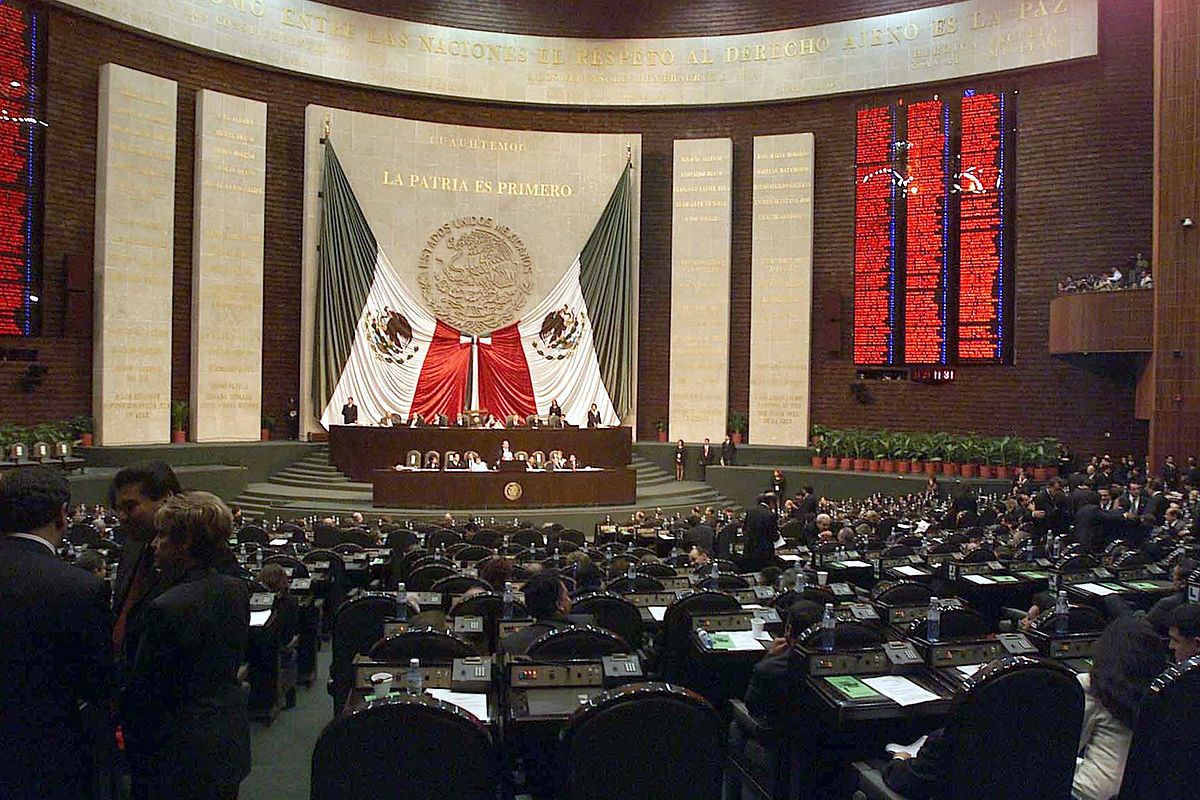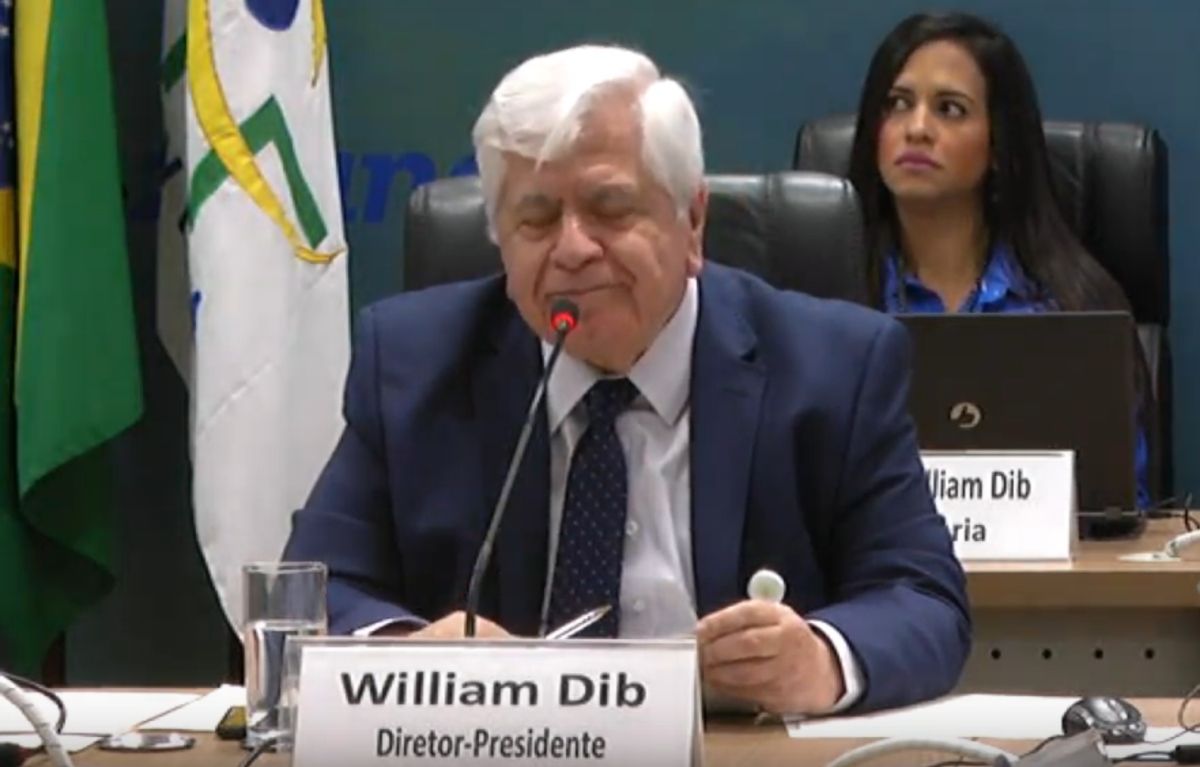Mexican lawmakers are moving closer to adopting groundbreaking legislation to establish a federally regulated cannabis industry, a move that would lay the legal foundation for a new market and make Mexico only the third country in the world to legalize commercial production of adult-use marijuana.
The legislation lays out the groundwork to create what would be the largest adult-use marijuana market in the world by population, well ahead of Canada and Uruguay. The proposed law would also legalize cannabis for medical and industrial (hemp) use.
With more than 125 million people, Mexico would present enormous market opportunities for cannabis entrepreneurs.
A document published on the Senate website is believed to be the draft legislation that the commissions of justice, health and legislative studies are considering for approval.
The commissions of justice, health and legislative studies are expected to present the legislative act to the Senate for a vote in the coming days.
The proposed bill is likely to be amended in some way before being approved.
Below are the key takeaways from the draft legislation:
Social responsibility
A market with “fair regulation” is a repeated theme throughout the document.
The draft bill proposes to regulate cannabis and its derivatives, prioritizing public health, human rights and sustainable development.
The measure aims to empower vulnerable Mexican communities to reap the benefits of the law by, for instance, giving those communities special preferences to obtain licenses and authorizations.
What’s being legalized
If passed, the law would authorize the following uses of cannabis:
- Recreational, which would include personal use, shared use among members of associations and commercial purposes.
- Scientific and investigation.
- Medical and pharmaceutical, therapeutic or palliative.
- Industrial.
Adults would be allowed to consume cannabis in private spaces.
Respecting the free will of individuals and their right to health, the state would promote the information based on scientific evidence about the risks associated with cannabis consumption, especially for people 18-25 years old.
New institute
The draft bill calls for the creation of a Mexican Cannabis Institute, an independent entity designed to regulate and implement the new law.
The institute would need to be created by Jan. 1, 2021, at the latest, meaning that even after the law is approved, it could take more than one year for commercial licenses opportunities to be available.
Its functions would include drawing up regulations to support the proposed law, establishing potency limits, granting licenses, issuing “sustainability certificates” as well as other activities.
One year after approval of the cannabis law, the institute would conduct a public review to identify areas of improvement and suggest legislative changes to the Congress.
The Mexican Cannabis Institute would have its own budget, assigned by the lower house every year.
Licenses
The licenses that would be available and regulated by the institute are for:
- Cultivation.
- Transformation.
- Sales, the only item for which the bill specifies that it includes distribution and retail of psychoactive cannabis.
- Export and import, in compliance with international treaties that cover only medical cannabis and scientific use.
Licenses would include auxiliary activities of transport and storage.
With the aim to prohibit vertical integration, a single person or company wouldn’t be able to have more than one type of license. That prohibition also would apply to partners, subsidiaries, shareholders and certain family members.
A single licensee may have more than one license of a single type. The institute would establish the maximum number.
The maximum number of retail licenses a single licensee could possess is three per federative entity.
All licenses would be nontransferable, which would limit opportunities for mergers and acquisitions. The bill does not mention what would happen to the license in the case a business goes bankrupt.
At least 20% of the cultivation licenses to be handed out by the institute would go to campesinos or ejidos – communal lands – in municipalities where the government eradicated illegal crops during prohibition.
In the case of commercial and research licenses, foreign ownership would be limited to a maximum 20% of the licensee capital structure.
Associations would be able to apply only for a cultivation license. A series of requirements would have to be met, including an internal ethics code.
In the case of licenses, if the institute does not reply before the end of the expected deadline after application, it cannot be interpreted that the license was granted.
In terms of permits, if the institute does not reply before the end of the expected deadline after application, it means the permit was granted.
As for hemp manufacturing/processing, a permit – not a license – would be required, under certain conditions.
A cultivation license would be required from the institute to grow regulated hemp.
Commercial sales
Licensed stores in Mexico would be able to sell recreational cannabis to adults.
They would be required to comply with a series of requirements that include:
- Offering information services according to what the Mexican Cannabis Institute mandates.
- Keeping licenses visible.
- Allowing only adults to enter the premises.
- Not selling products with a higher THC or CBD content than what the institute authorizes.
Selling cannabis mixed with other substances that could augment the psychoactive effect would remain prohibited. This includes alcohol, nicotine and caffeine, among others.
Home growing and cannabis associations
Up to four flowering psychoactive plants, as well as the harvest of those plants, would be allowed per adult. Plants and harvest must remain within the household of the grower.
Users wouldn’t be required to apply for a “license” but must be granted a “permit.” Home growers would need to prove the legal origin of the seeds or clones. Certain precautions in the case of minors living in the household would be required.
In a case where more than five adults live in the same household, the total number of plants cannot exceed 20.
The bill defines cannabis associations as legally constituted civil associations without “mainly economic” purposes, with a minimum of two and a maximum of 20 members.
Four plants per member would be allowed.
Only adults could be members of associations, and an individual could not be a member of more than one association.
Packaging
Plain packaging would be the norm, without elements that could promote a brand.
Several other restrictions would apply.
Packaging would need to be childproof and include “sustainable” materials approved by the competent authority. (The Mexican Cannabis Institute would determine what qualifies as sustainable.)
Prohibitions
Certain products or activities would be prohibited, including:
- Advertising of any kind, with hemp or hemp-derived products exempted.
- The use of cannabis and its derivatives for cosmetics products.
- Edibles and drinks, with the exception of products for medical use.
- Online, mail, phone or similar sales as well as self-service dispensers.
- Driving under the influence of THC.
- Smoking or vaping cannabis where tobacco is already prohibited. Also, extra restrictions apply to cannabis because it would be prohibited to smoke or vape in parks and other public and open areas where minors could have access.
Alfredo Pascual can be reached at alfredop@mjbizdaily.com






